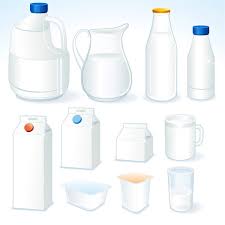
Hello,
This public welfare blog post aims to clarify the dual meanings of the term "container," exploring its role in both the physical world of storage and transportation and the digital realm of software technology.
1. Physical Container Definition: A container, in its traditional sense, is a vessel or large box used for the transport or storage of materials. This definition is supported by multiple reputable sources, emphasizing its function as a physical object.
2. Software Container Definition: In the context of software technology, particularly in Docker and DevOps, a container refers to a standard unit of software that encapsulates code and dependencies, enabling consistent and reliable application migration across computing environments.
3. Physical Function: Physical containers are essential for the storage and transportation of goods, providing a means to safely and efficiently move items from one place to another.
4. Software Function: Software containers offer an isolated environment that allows applications and their dependencies to run consistently on different systems, enhancing security and portability.

To better understand and utilize the concept of "container":
- Recognize the distinction between physical and software containers based on the context in which the term is used.
- Appreciate the importance of containers in facilitating the storage, transport, and execution processes, whether physical or digital.
- Stay informed about the latest developments in both physical logistics and software technology to leverage the full benefits of containerization.
The term "container" embodies the essence of containment and transport, be it tangible goods or intangible software applications.
Stay informed and adapt to the versatile use of "containers" in our interconnected world.
Best regards,
Zhijiang Wu
Tins Packaging Industry Analyst
Whatsapp or Wechat +8618990339600